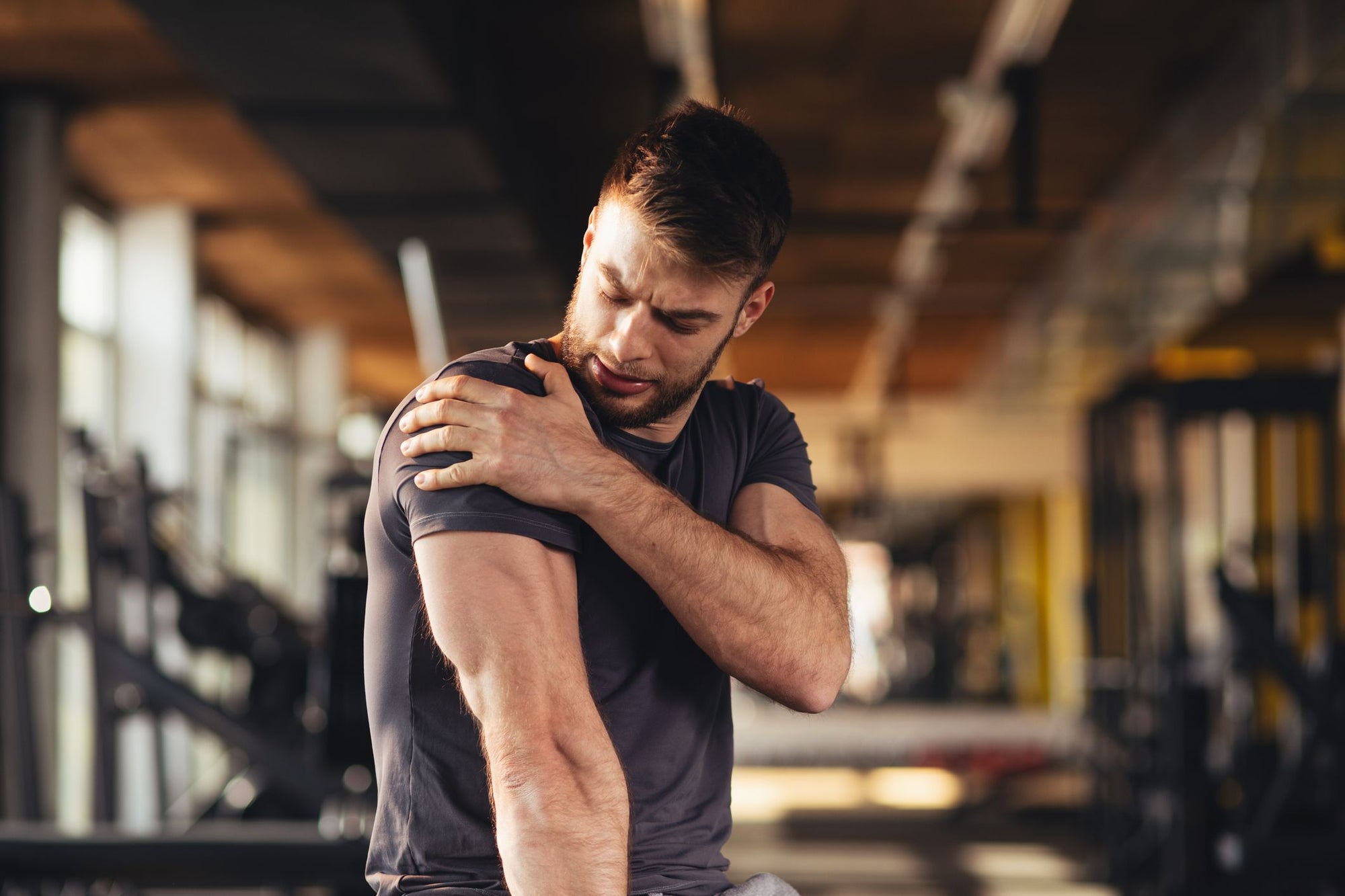How To Relieve Sore Muscles After A Workout
March 28 2023 – Nysh Website

If you have been working out for a while, you must've experienced muscle soreness. You felt a sense of completion as you might’ve understood that muscle pain is associated with a good workout. Although you may feel accomplished, relaxing those sore muscles is equally as important as finishing a vigorous workout. Read our article on how to relieve sore muscles after a workout to know more.
How To Relieve Sore Muscles After A Workout
- Do Some Light Exercise
- Stay Hydrated
- Engage In Some Light Stretching
- Get A Massage
- Try Heat Therapy
1. Do Some Light Exercise
You might want to lie down on your couch when your muscles are sore after a heavy workout session. But, in reality, you have to do the exact opposite. This is because you need to keep the blood circulation moving in the muscles so that muscle fibers repair faster, alleviating the soreness that you have. By keeping your muscles moving after a workout, nutrients and oxygen via blood flow are transported faster to tissues. The faster the blood flows, the faster the soreness will heal.
Initially, you’ll find it a struggle to push yourself to exercise a bit more. It can be painful to start. But once the blood starts flowing, the muscles automatically get warmed up and you’ll find the pain leaving. Light exercises include walking, climbing the stairs, or even cycling. Just be sure that you don’t strain yourself too much; you don’t want those muscle fibers getting even more damaged than before the workout.
2. Stay Hydrated
We perspire and lose water during a workout. If you work out outdoors, the rate of losing water is even higher due to factors like humidity, weather, and so on. During a workout or any physical activity, your muscles are put into overdrive and so they demand more oxygen and blood to be pumped around. Water influences the oxygen levels in our system and when our muscles receive appropriate oxygen, the soreness is reduced. That’s why it’s one of the best ways to relieve sore muscles after a workout.
A study conducted by the American Academy of Family Physicians (AAFP) suggests that an individual should have around 500 ml of water before a workout and 300 ml before your warm-up. Also, the association suggests drinking around 300 ml of water after 30-minutes of your workout session.
Drinking water will also replenish water lost during exercise, in turn preventing dehydration. In addition to water, you could coconut water as well for a better electrolyte intake. This will prevent your muscles from becoming tight.
You might feel tempted to, but avoid drinking alcohol post-workout. Although you might feel like catching a beer with your gym buddies after a workout session, studies have shown that alcohol hampers recovery time. So keep this in mind.
3. Engage In Some Light Stretching
If you want to know how to relieve sore muscles after a workout, start doing some light stretching. You may feel tempted to skip stretching post-workout maybe due to time or just don’t feel the need to. But there are many reasons why you should start doing a little bit of stretching after exercise.
Stretching after a workout helps to reduce muscle soreness since it improves circulation. As stated earlier, an increased blood flow to your muscles helps to repair damaged tissues faster and reduce muscle soreness. In addition, light stretching also helps in improving flexibility and develops a greater range of motion in your joints. Range of motion refers to the length of which you can stretch.
Some simple stretch exercises you can perform are overhead arm stretches, standing calf stretches, and standing bicep stretches. Just be sure that you start stretching slowly and not to the point of pain.
4. Get A Massage
You should know that lactic acid builds up in our muscles whenever we complete physical activity. It’s this waste product that’s responsible for muscle soreness and stiffness. To remove these waste products, a more natural medium would be a good massage.
Certain massages such as the lymphatic drainage massage help in expelling these toxins from the system. Studies show that a lymphatic massage helps to flush out the lactic acid buildup in our bodies, in turn reducing muscle swelling.
In addition to visiting a masseuse or physiotherapist, you can use tools such as a massage gun or a foam roller at home. They’re easy to use and help in keeping blood circulation going.
5. Try Heat Therapy
If you feel your muscles are sore after 48 hours, you can then try heat therapy. By applying heat to the affected area, your blood vessels will widen and improve blood flow. This helps in relaxing sore muscles and relaxes any tight points. Also, heat therapy can eliminate the build-up of lactic acid since it enhances blood circulation.
You can administer heat therapy in many ways. You can use pain relief patches to alleviate muscle soreness and joint pain. If you’re fond of hot showers, take them after you’ve finished your workout. They’re relaxing and help to induce good sleep as well. Sleeping with a warm water bottle on the sore area is also a good method of heat therapy.
Summing Up
These are some of the ways you can relieve sore muscles after a workout. Our body needs to be tended to carefully and by putting these exercises into practice, we’re ensuring that we don’t wear ourselves too much. Also, remember that you need to rest well after a workout so that your body gets time to recover from the strain.
FAQs
Is It Ok To Exercise With Sore Muscles?
As long as the soreness doesn’t impact movement and cause extreme pain, exercising with sore muscles is pretty much alright. Your muscles will eventually get used to the workout and the more often you exercise, the lesser the soreness will be.
What Is The Fastest Way To Recover From A Sore Workout?
There’s no single method to recover from a sore workout, but there are certain measures you can practice. Some of these are drinking enough water, doing some light stretching, and trying heat therapy.
How Long Should Sore Muscles Last After A Workout?
You should expect the soreness to last for 2 to 5 days at the most. Seek medical assistance if the pain persists for a longer time.


0 comments